Report: Leadership and Management in Virtual Teams
VerifiedAdded on 2021/04/21
|8
|364
|31
Report
AI Summary
This report provides an overview of strategies for effective leadership and management within virtual teams. It highlights key practices such as setting agendas, fostering communication, and encouraging team members. The report emphasizes the importance of transformational leadership, the use of innovative technologies, and building trust. It also discusses the necessity of strong leadership skills, clear task definition, and creating a cohesive team environment. Recommendations include defining work systems, establishing communication tools, and creating a professional work environment. The report includes a bibliography of relevant academic sources.
1 out of 8

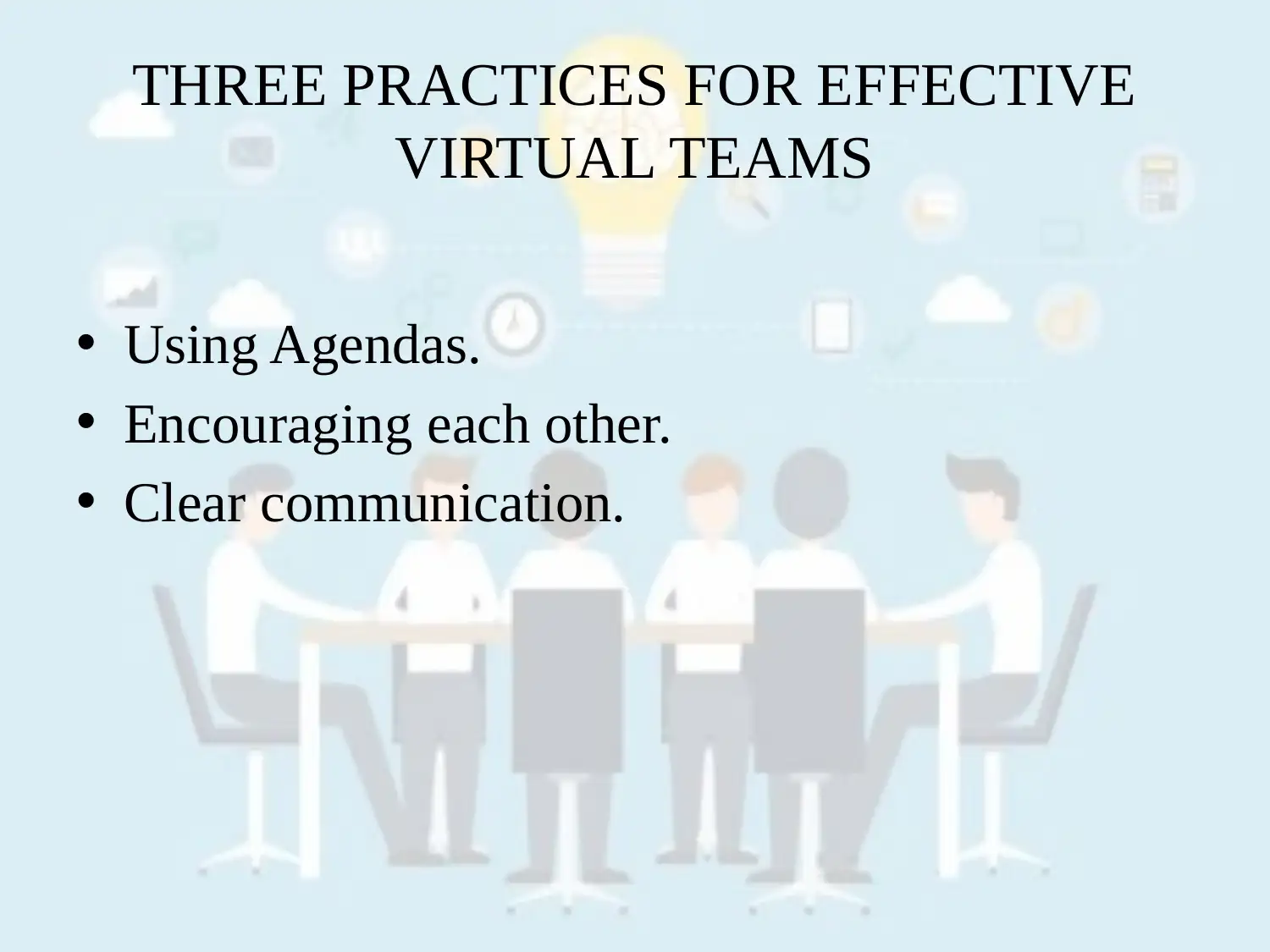
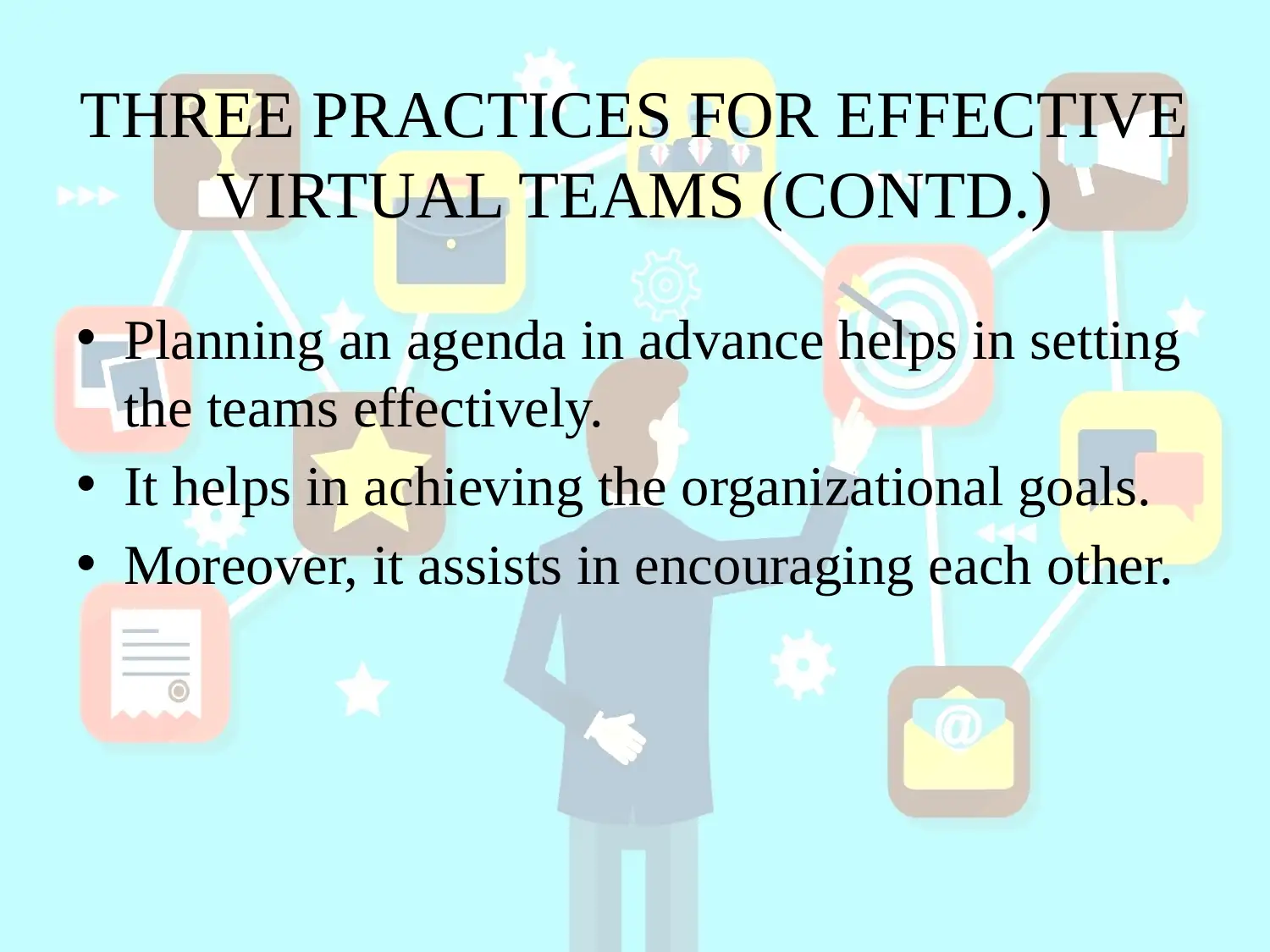

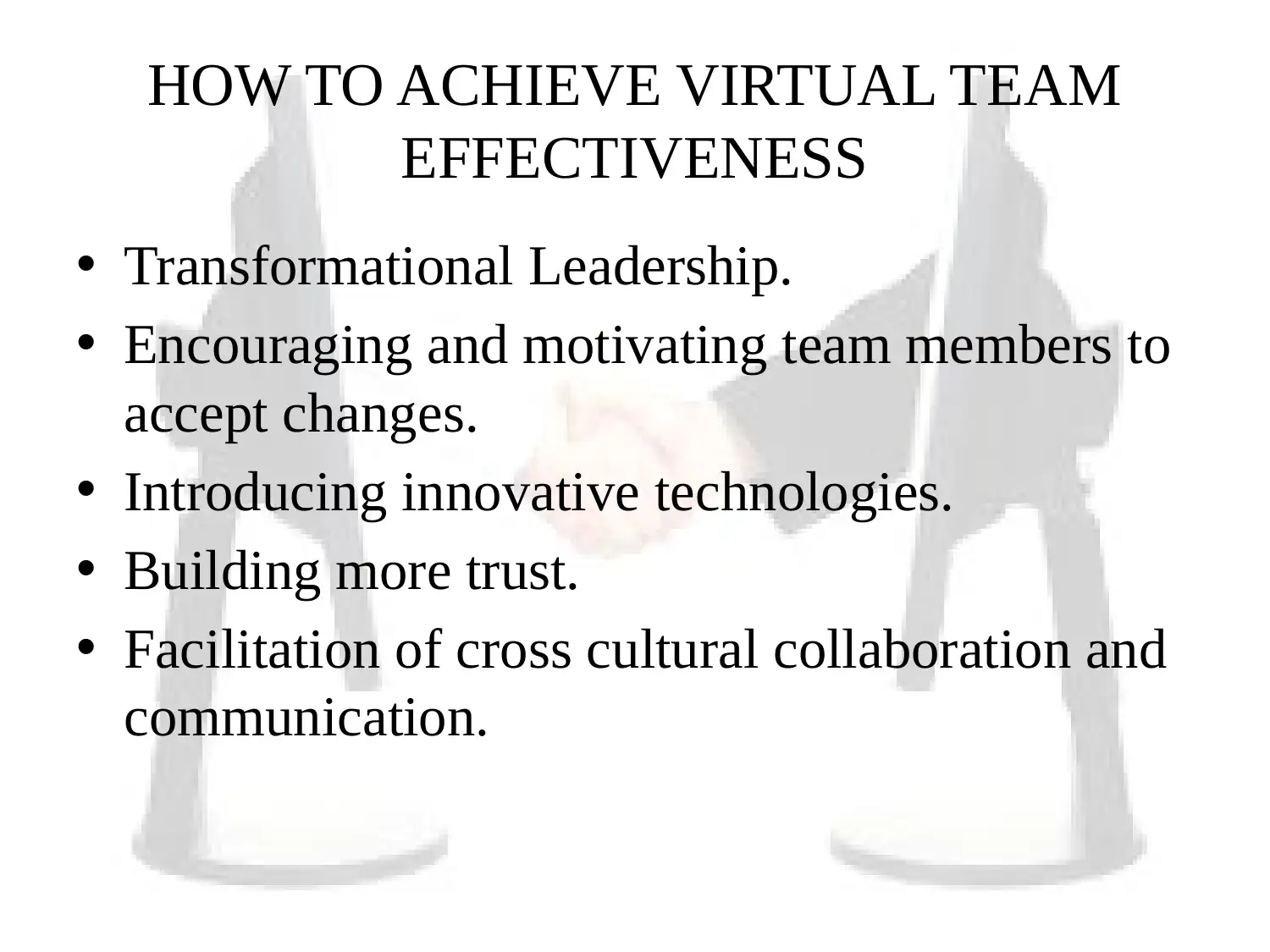
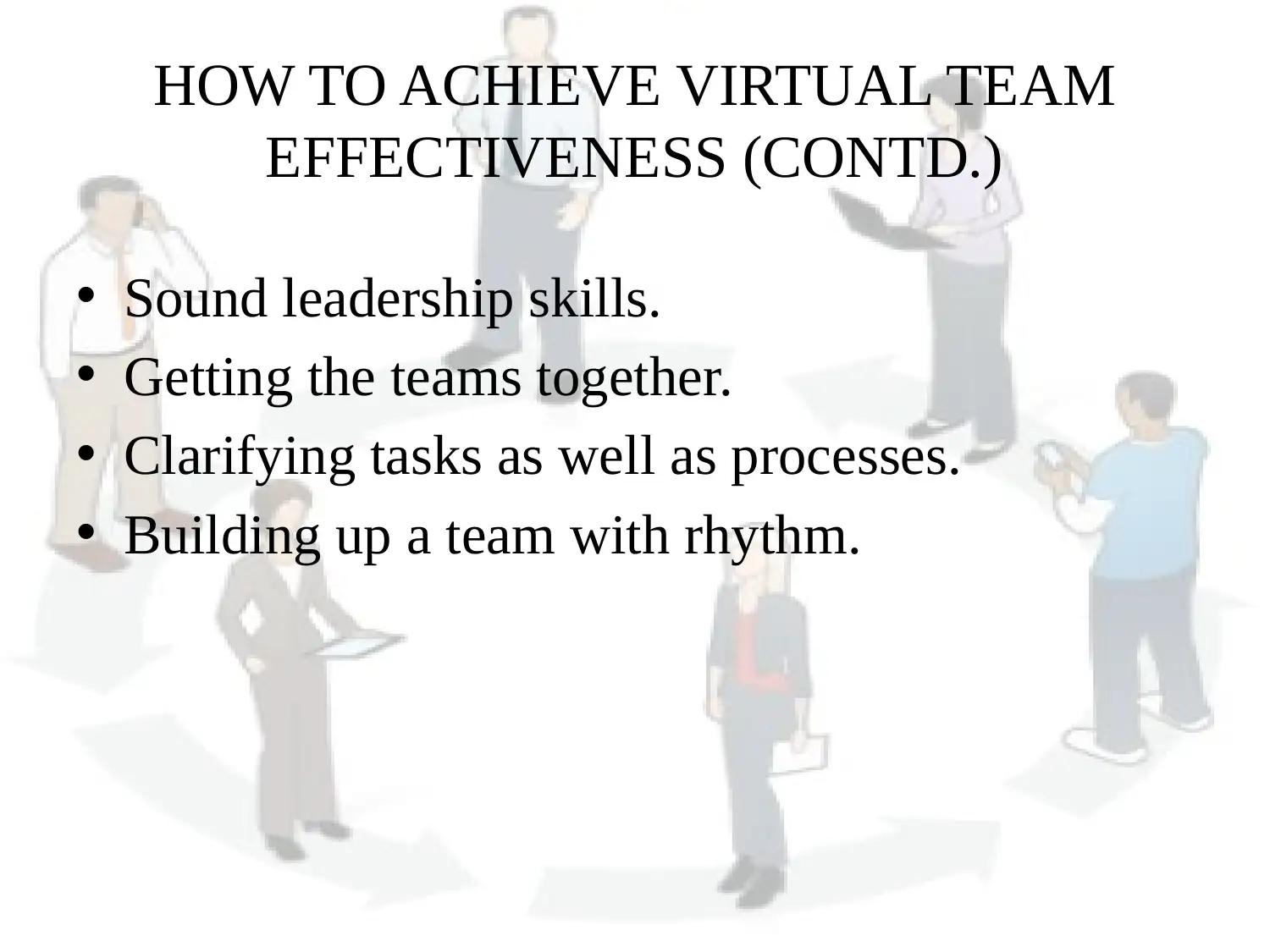
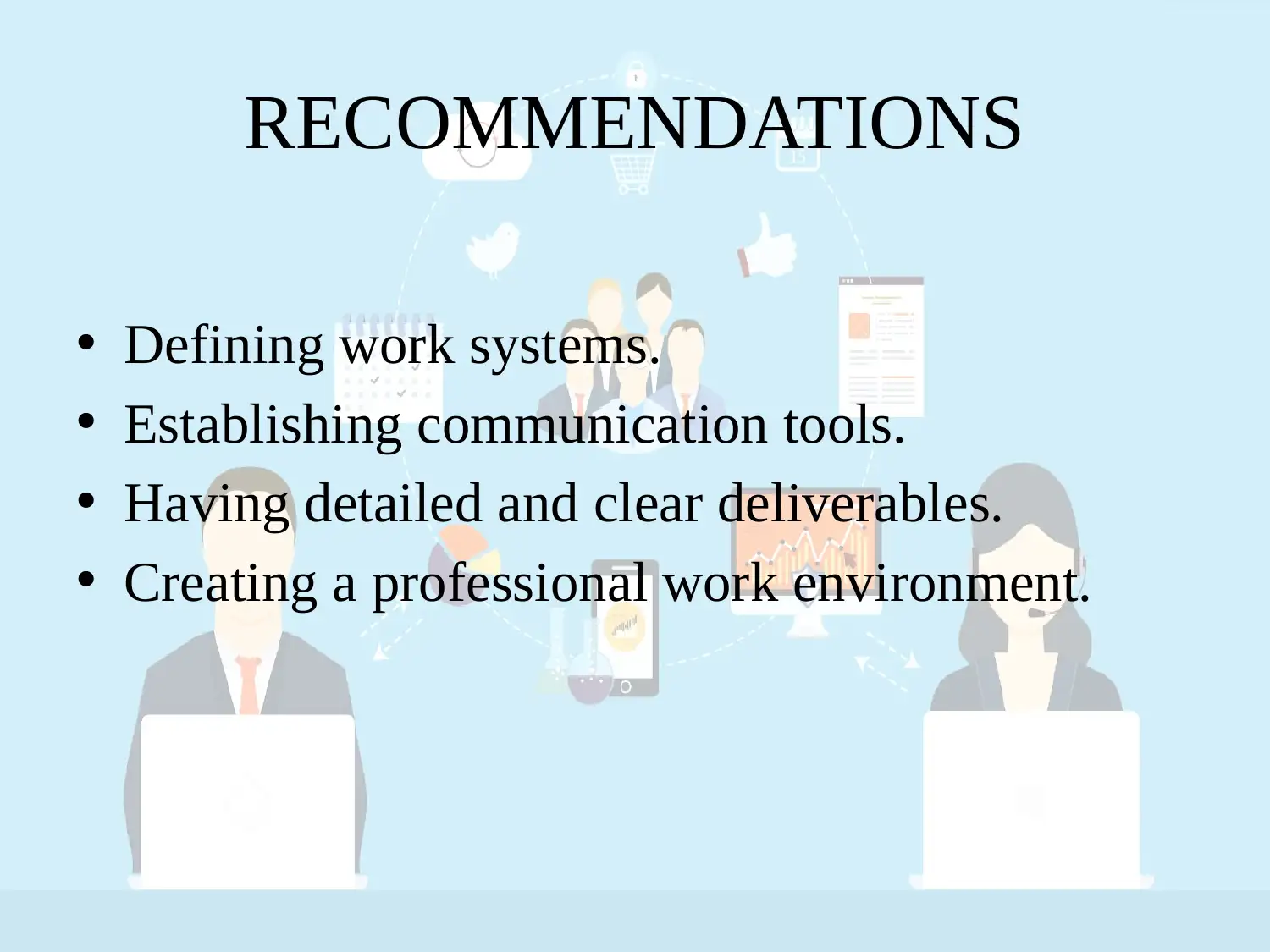
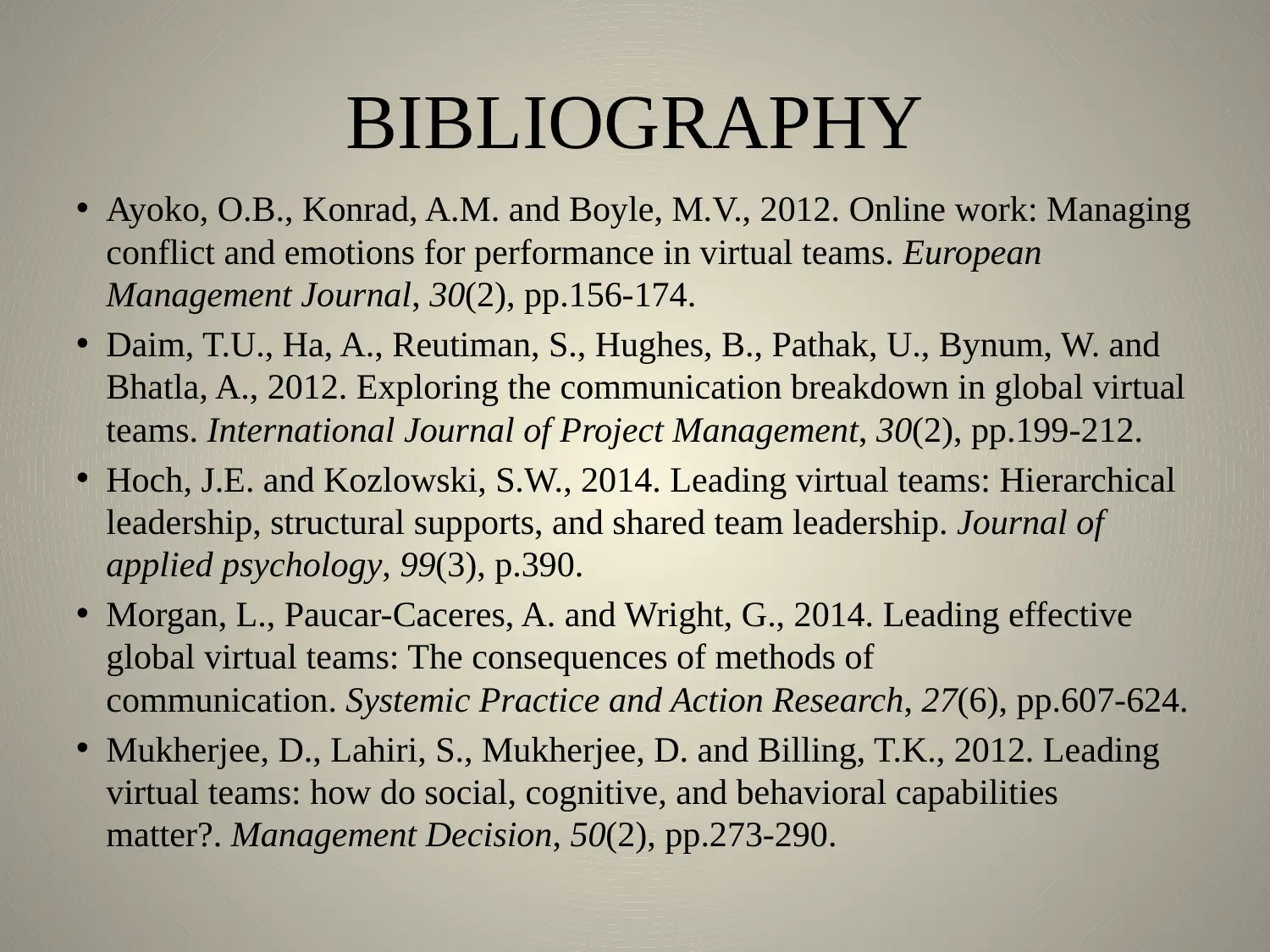





![[object Object]](/_next/static/media/star-bottom.7253800d.svg)